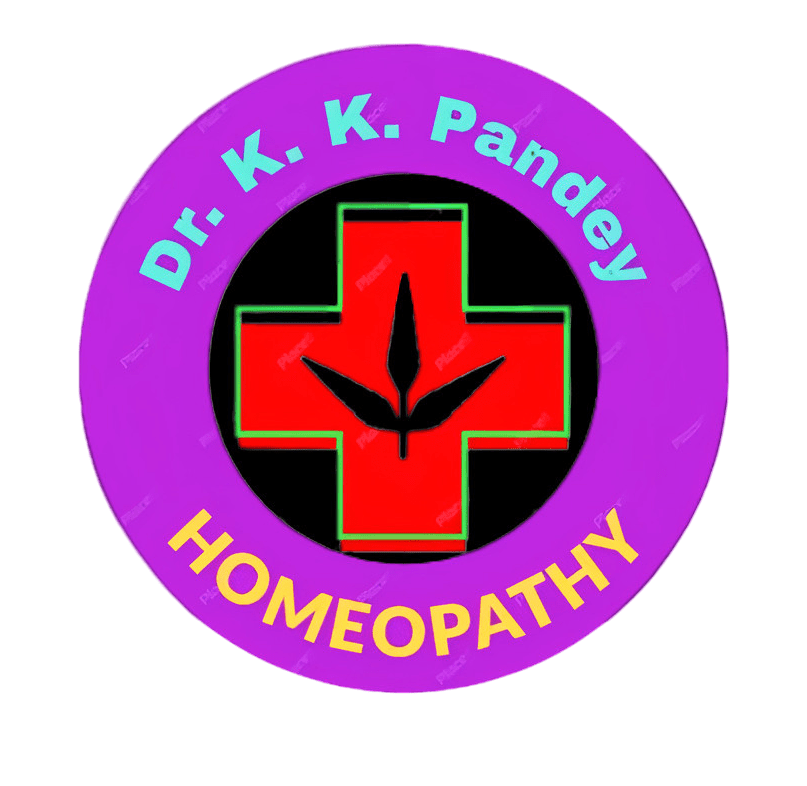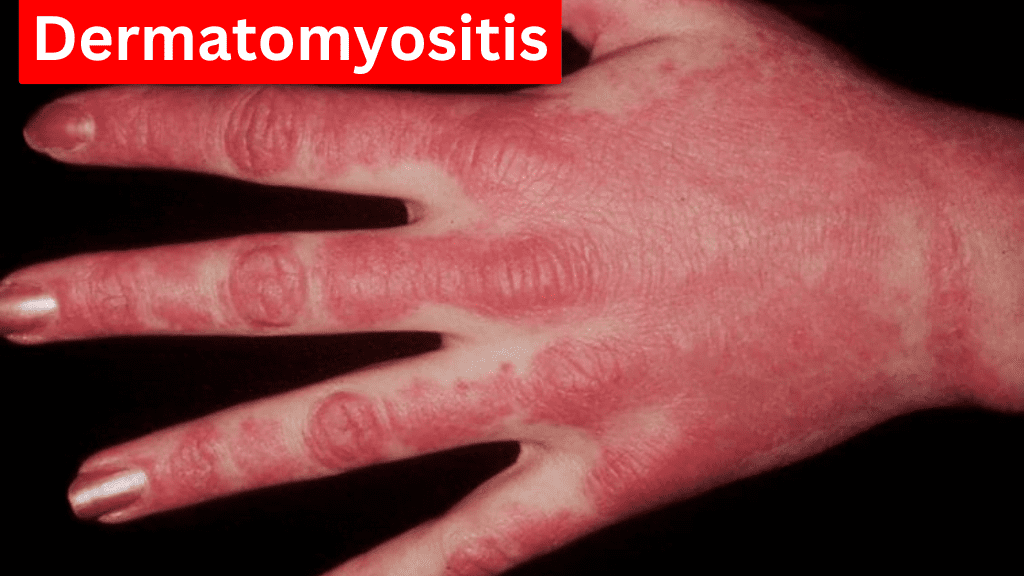In this article we talk about the new treatments for dermatomyositis which is homeopathy. This is the best option to treat this disease in this time.
Introduction
Dermatomyositis is a rare autoimmune disease characterized by muscle weakness and distinctive skin rashes. With growing interest in alternative medicine, homeopathy presents a complementary approach to managing this condition. This guide explores dermatomyositis and how homeopathy can play a role in its treatment.
What is Dermatomyositis?
Dermatomyositis involves inflammation of the muscles and skin, leading to symptoms such as muscle weakness, skin rashes, and joint pain. Its exact cause is unknown, but it is believed that this is due to both factors i.e. genetic and environmental factors. It is more common in women and can be triggered by certain infections.
Traditional Medical Treatments for Dermatomyositis
Traditional treatments for dermatomyositis typically include corticosteroids and immunosuppressive drugs to reduce inflammation and modulate the immune system. Physical therapy is also commonly prescribed to maintain muscle function. However, these treatments often come with significant side effects, including increased infection risk and bone density loss.
Introduction to Homeopathy
Homeopathy is a holistic medicine system based on the principle of “like cures like,” using highly diluted substances to stimulate the body’s self-healing mechanisms. Founded in the late 18th century by Samuel Hahnemann, homeopathy has evolved into a widely practiced alternative medicine.
Homeopathic Approach to Dermatomyositis (New treatments for Dermatomyositis)
Homeopathy treats dermatomyositis by addressing the underlying imbalances in the body. The aim is to stimulate the body’s natural healing processes, considering the patient’s physical, emotional, and psychological well-being.
Key Homeopathic Remedies for Dermatomyositis
1- Arsenicum Album
Arsenicum Album is prescribed for symptoms like burning pain and restlessness, particularly at night, along with anxiety and fatigue.
2- Rhus Toxicodendron
Rhus Toxicodendron is suitable for patients experiencing muscle and joint stiffness and pain that improves with movement, especially in cold, damp conditions.
3- Bryonia
Bryonia is used for sharp, severe pain that worsens with movement and improves with rest, and for patients with dry, cracked skin rashes.
4- Sulphur
Sulphur is indicated for itchy, burning skin rashes that worsen with heat and bathing, and is often used for individuals who feel generally overheated and irritable.
5- Calcarea Carbonica
Calcarea Carbonica is for patients with muscle weakness and fatigue, particularly when accompanied by weight gain and sluggish metabolism. It is often prescribed for those who sweat easily and feel cold.
Individualized Homeopathic Treatment
Homeopathy emphasizes personalized treatment plans tailored to each patient’s unique symptoms and health history. Practitioners conduct thorough case taking to understand the patient’s overall condition, ensuring the chosen remedies match the individual’s specific needs.
Homeopathic Consultation Process
During a homeopathic consultation, practitioners take a detailed history covering symptoms, lifestyle, emotional state, and medical history. Follow-up consultations are essential for monitoring progress and adjusting remedies as needed.
Benefits of Homeopathic Treatment for Dermatomyositis
Homeopathy offers a holistic approach with fewer side effects compared to conventional treatments. It focuses on long-term improvement by addressing the root causes rather than just alleviating symptoms.
Lifestyle and Dietary Recommendations in Homeopathy
Homeopathic practitioners often suggest dietary changes and lifestyle modifications to support overall health. Recommendations may include a balanced diet rich in anti-inflammatory foods, regular exercise, stress management techniques, and adequate rest.
Homeopathy vs. Conventional Treatment
While conventional treatments are effective for managing acute symptoms, homeopathy offers a complementary approach that focuses on long-term healing and overall well-being. An integrative approach—combining conventional and homeopathic treatments—can provide the best results for some patients.
Success Stories and Case Studies
Many patients have reported significant improvements in their symptoms with homeopathic treatment. For example, a patient with chronic muscle weakness and severe skin rashes experienced increased energy and reduced rash severity after a personalized homeopathic regimen.

Suhani Bhatnagar and Dermatomyositis
Suhani Bhatnagar, a well-known figure, recently opened up about her battle with dermatomyositis. Her journey through diagnosis and treatment has brought attention to this rare disease. Suhani explored both conventional and homeopathic treatments, finding relief in a holistic approach that included personalized homeopathic remedies. Her experience highlights the potential benefits of integrating homeopathy into the treatment plan for dermatomyositis.
Precautions and Considerations
It’s crucial to seek immediate medical attention for severe or rapidly worsening symptoms of dermatomyositis. While homeopathy can be beneficial, it should not replace conventional medical treatments, especially in acute cases. Always consult with a homeopathic physician before starting any new homeopathic medicine.
Research and Evidence on Homeopathic Treatment for Dermatomyositis
Research on homeopathy’s effectiveness for dermatomyositis is limited but growing. Some studies suggest positive outcomes, while others call for more rigorous trials to establish definitive evidence. The future of homeopathic research looks promising as interest in integrative medicine increases.
Conclusion
Homeopathy offers a unique, patient-centered approach to treating dermatomyositis. By addressing the root causes and supporting the body’s natural healing processes, homeopathy can complement traditional treatments, providing holistic care with fewer no side effects. If you’re considering homeopathy for dermatomyositis, consult with a qualified homeopathic practitioner to develop a personalized treatment plan.
FAQs
Q.1. What is dermatomyositis?
Dermatomyositis is an autoimmune disease characterized by muscle inflammation and a distinctive skin rash, often accompanied by muscle weakness and joint pain.
Q.2. How does homeopathy treat dermatomyositis?
Homeopathy treats dermatomyositis by using highly diluted substances to stimulate the body’s natural healing processes, addressing both physical symptoms and overall well-being.
Q.3. Are there any side effects of homeopathic treatments?
Homeopathic treatments are generally considered safe with minimal side effects, as they use highly diluted substances. However, it’s important to consult with a qualified practitioner.
Q.4. How long does it take to see results with homeopathy?
The time frame for seeing results with homeopathy can vary based on the individual’s condition and vitality of the patient. Some patient notice improvements within few days, while others may take more time but improvements start after giving the medicine on the tongue.
Q.5, Can homeopathy be combined with conventional treatments?
Yes, homeopathy can be used alongside conventional treatments. It’s important to consult with both your healthcare provider and homeopathic practitioner to ensure a coordinated approach.





